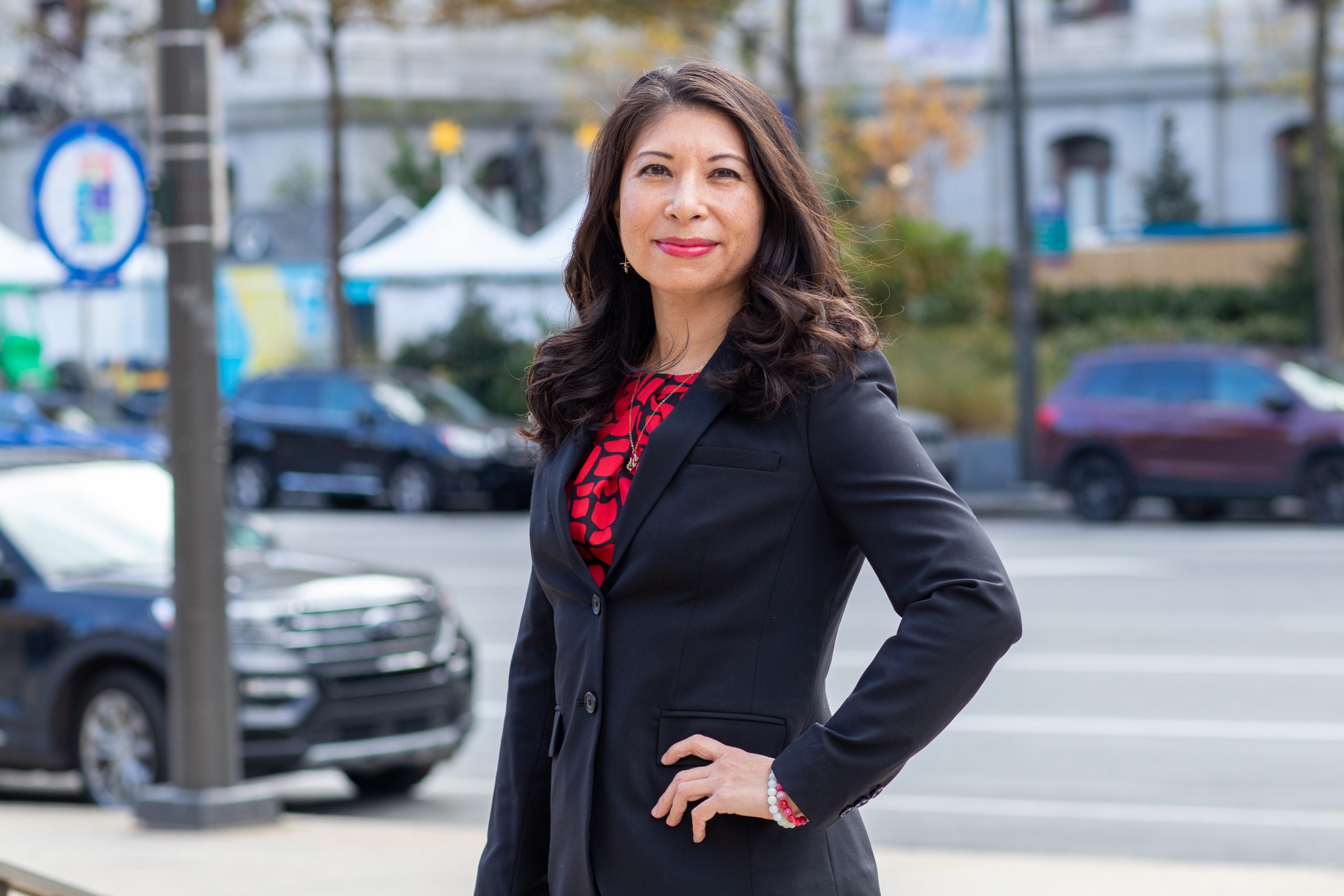
I would title my autobiography “Building Bridges, Breaking Barriers.” As a mixed-race woman of Asian and European descent, I have often served as a cultural broker or translator to various ethnic and racial communities. I’ve been in spaces where there are no other Asians or Asian Americans because of my family background and access, and vice versa, I have been in spaces where there are only Asians or Asian Americans. I have been privy to conversations that happen about other groups of people and have had access to what people say behind closed doors. It hasn’t always been pretty – sometimes it’s downright painful. But in this space, I have used my voice to educate others. I do think that being in the “in-between” is something that is sorely needed in this world today. When I help connect one person from one group to better understand the cultural norms and practices of another group in an inviting way, it builds more harmony and a sense of connection. I do this in my everyday professional work, and in my personal life. It’s what I believe I was born to do.
My late father – artist, immigrant and professor – Chen Lok Lee inspires me. As a young girl, and the eldest daughter, there were no limitations put on me as to what I could or could not do. He believed in me and what I could do in this world, and guided me to always do my best. He set an example of unlimited creativity, grit, adaptability, and showed me that I had the power to create the future that I wanted. Even though he has passed away, I draw inspiration from the physical artwork that he left behind to remind me that as an Asian American, others may try to limit us, but we can continue to let our true spirit shine through with what we create and put into this world.
There has been a lot of talk about how in order to change the narrative for AANHPI women, we have to start embracing the idea of leadership at a young age, and this involves training and re-educating fathers. I believe that I am the way I am because my father empowered me with confidence.
I have a 12-year-old AANHPI daughter, so this is personal to me. I would tell them to get more comfortable taking up space. As AANHPI women, we are trained to shrink ourselves, not take credit for our work, and shy away from the limelight when we have nothing to fear. Trust your own voice, feelings and experience – that they are powerful and valuable, and that others actually want to hear what you have to say. Don’t count yourself out, don’t give up your seat. Take a seat and don’t get up until you have said what you need to say.